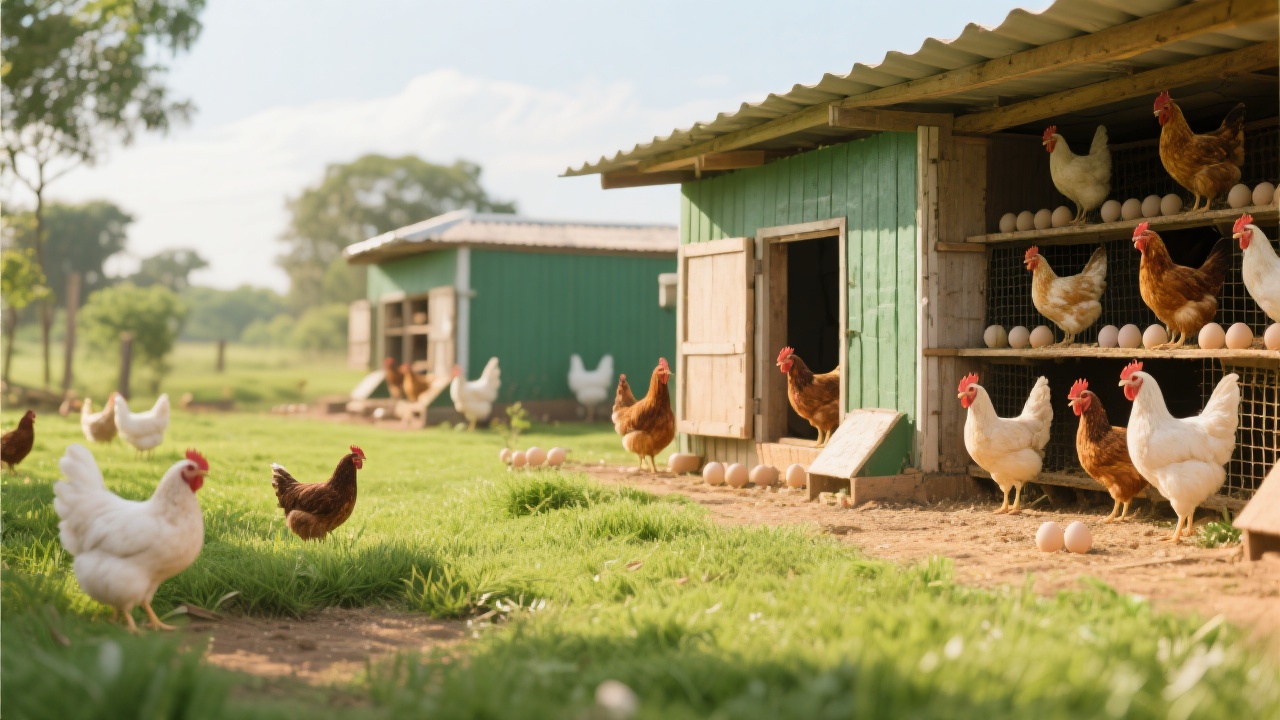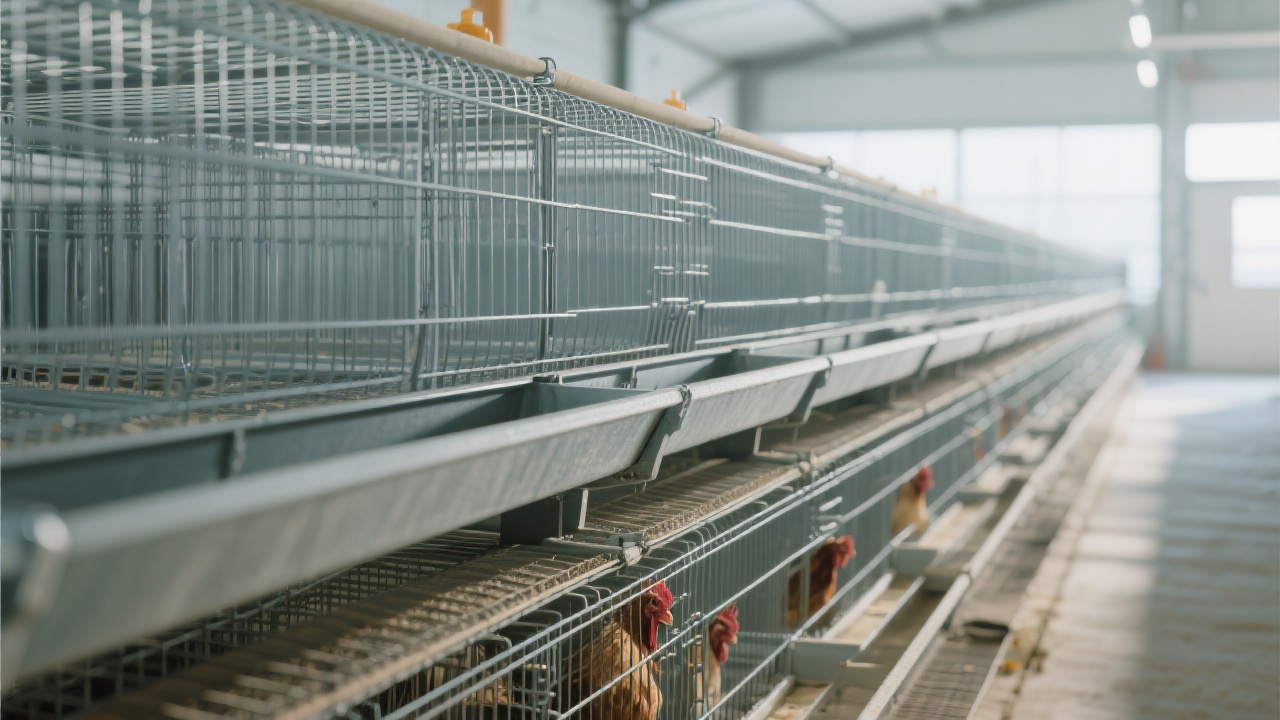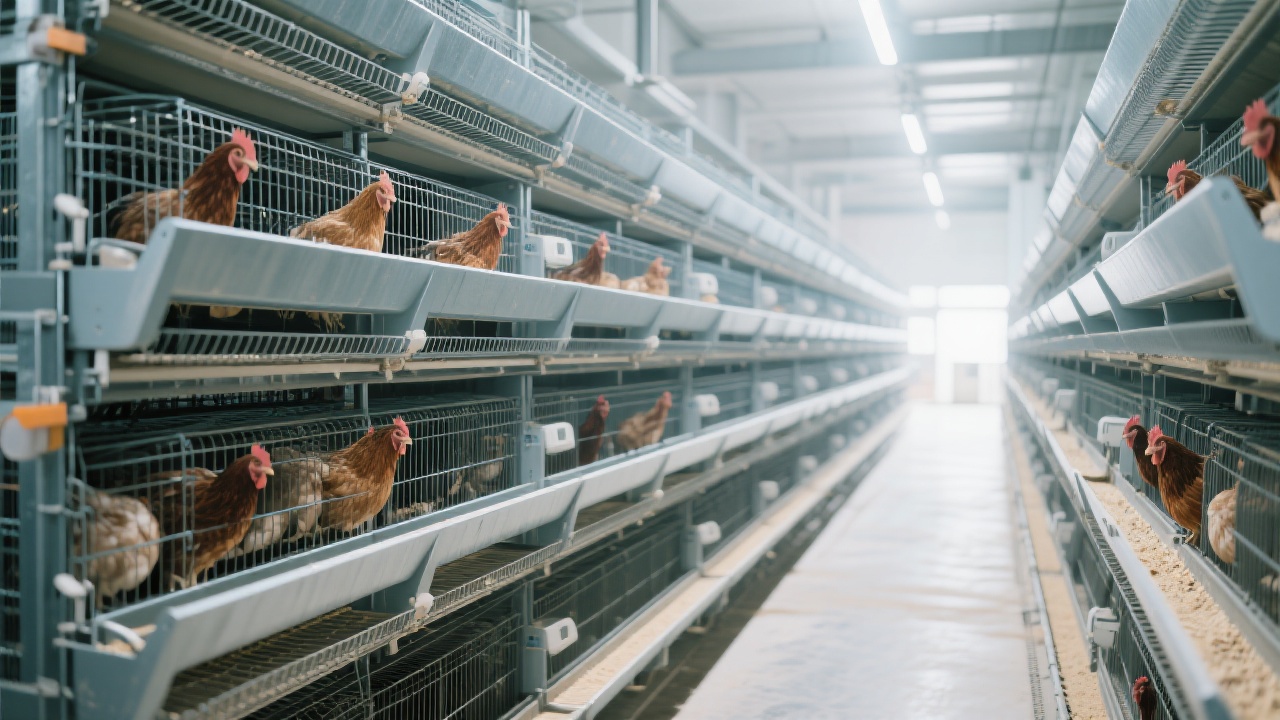
In the egg - laying industry, the service life of laying hen cages is of strategic importance for farmers. It directly impacts the long - term investment return of farming equipment, affecting both the cost of farming and the stability of operations. A longer service life means lower replacement costs and fewer disruptions to the farming process. According to industry data, on average, the cost of replacing laying hen cages accounts for about 15 - 20% of the total annual farming equipment cost. Therefore, accurately evaluating and extending the service life of these cages is crucial for improving farming efficiency and reducing risks.
There are several materials commonly used for laying hen cages, among which Q235 steel stands out. Q235 steel has excellent strength, durability, and economic advantages. Its yield strength is about 235MPa, which can well withstand the daily activities of hens and the weight of eggs. Compared with other materials, Q235 steel can reduce the cost of cage manufacturing by about 10 - 15% while still maintaining a high - quality performance.

Corrosion is one of the main factors affecting the service life of laying hen cages. Two common anti - corrosion processes are hot - dip galvanizing and aluminum - zinc alloy coating. Let's compare their performance, applicable environments, and maintenance convenience.
| Anti - Corrosion Process | Anti - Corrosion Performance | Applicable Environment | Maintenance Convenience |
|---|---|---|---|
| Hot - Dip Galvanizing | Forms a thick zinc layer, providing good protection. Can resist corrosion for about 8 - 10 years in a general farming environment. | Suitable for most normal - humidity farming environments. | Relatively easy to maintain. Only requires regular visual inspections. |
| Aluminum - Zinc Alloy Coating | Has better anti - corrosion performance, especially in high - humidity or corrosive environments. Can extend the service life by about 2 - 3 years compared to hot - dip galvanizing. | Ideal for coastal areas or farms with high - humidity conditions. | Requires more careful inspections due to the complexity of the alloy coating. |

In addition to material selection, daily maintenance is also essential for extending the service life of laying hen cages. Here are some key maintenance measures and their recommended frequencies:
Let's take a real - world case as an example. A farm in the Midwest of the United States used Q235 steel cages with an aluminum - zinc alloy coating and strictly followed the daily maintenance plan. After 12 years of use, the cages still maintained a good condition, with only minor surface corrosion. In contrast, another farm in a similar environment used cages made of ordinary steel with simple painting, and they had to replace the cages after only 5 years. This clearly shows the importance of material selection and maintenance.

In conclusion, by carefully selecting materials like Q235 steel and appropriate anti - corrosion processes, and implementing scientific daily maintenance, farmers can accurately evaluate and effectively extend the service life of laying hen cages. This not only reduces the cost of farming but also improves the overall efficiency and sustainability of the farm.
Welcome to consult Zhengzhou Livi Machinery's high - efficiency H - type layer laying hen cages for professional technical support and excellent farming solutions. Click here to learn more.
